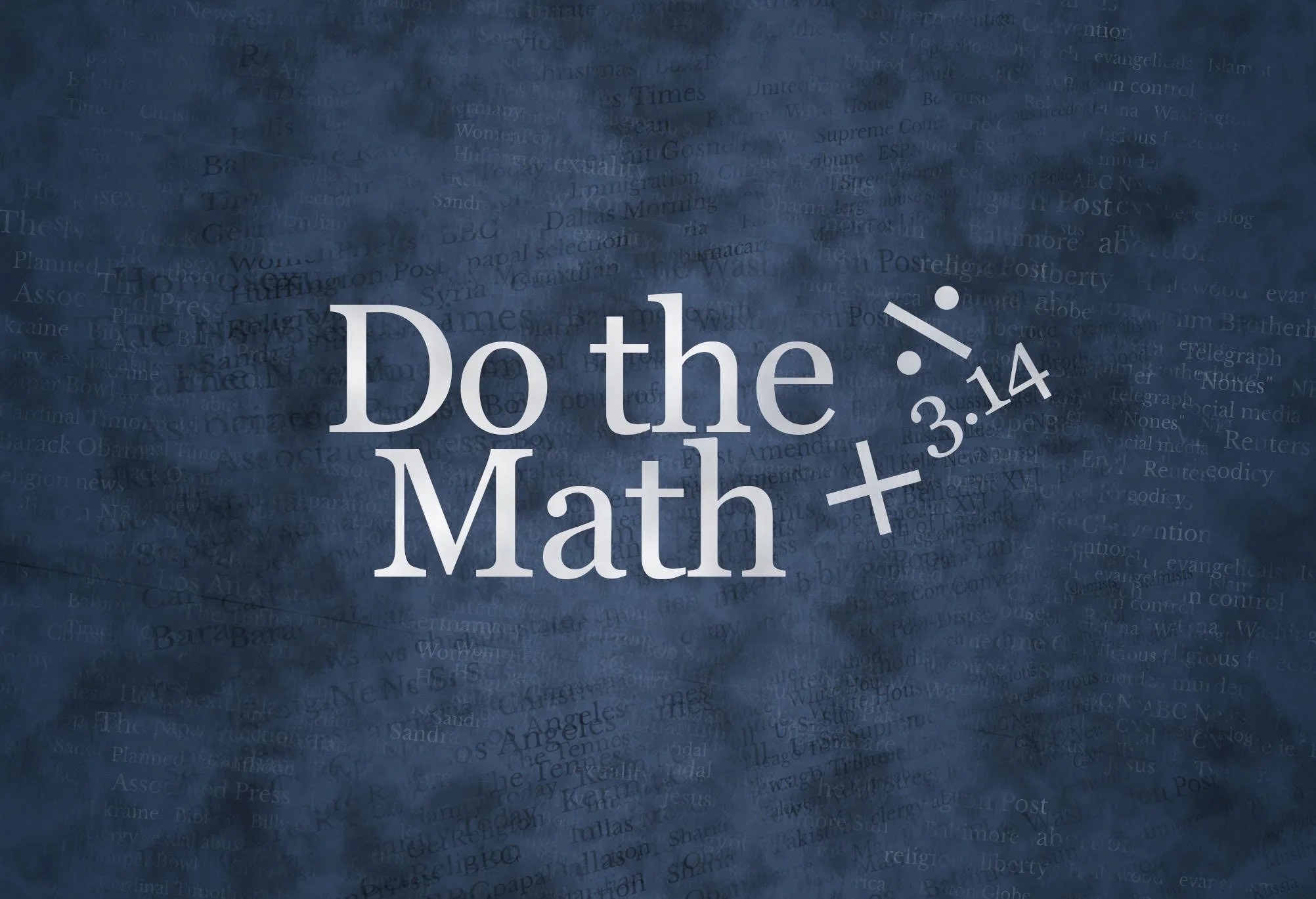Oliver Anthony counted about 20 listeners when he performed earlier this summer at a produce market in coastal North Carolina.
That was before August 8, when radiowv posted his "Rich Men North Of Richmond" video on YouTube. More than 37 million views later, as of earlier this week, the unknown country singer from Farmville, Virginia, has become a culture-wars lightning rod.
When he returned to the Morris Farm Market, near Currituck, he faced the massive August 13 crowd and read from Psalm 37: "The wicked plot against the righteous and gnash their teeth at them; but the Lord laughs at the wicked, for he knows their day is coming. The wicked draw the sword and bend the bow to bring down the poor and needy, to slay those whose ways are upright. But their swords will pierce their own hearts, and their bows will be broken."
Anthony then sang his NSFW (not safe for worship) hit about suicide, depression, hunger, drugs, politics, child sex trafficking and dead-end jobs.
"I've been sellin' my soul, workin' all day / Overtime hours for bulls*** pay / So I can sit out here and waste my life away / Drag back home and drown my troubles away," he sang, with the crowd shouting along. The chorus began: "Lord, it's a damn shame what the world's gotten to / For people like me and people like you / Wish I could just wake up and it not be true / But it is, oh, it is / Livin' in the new world / With an old soul."
"Rich Men North Of Richmond" debuted at No. 1 in Billboard's Top 100, the first time ever for a new artist without a recording contract and mainstream radio support.
"The song was immediately politicized, even though there have always been country songs with singers lamenting the state of their lives and the state of America," said David Watson, a theologian and country-music fan. He is academic dean of United Theological Seminary in Dayton, Ohio, near a Rust Belt poverty zone with historic ties to Appalachia.










